What it means to be "on the spectrum" (taken from Autism Speaks' website)
Each individual with autism is unique. Many of those on the autism spectrum have exceptional abilities in visual skills, music and academic skills. About 40 percent have average to above average intellectual abilities. Indeed, many persons on the spectrum take deserved pride in their distinctive abilities and “atypical” ways of viewing the world. Others with autism have significant disability and are unable to live independently. About 25 percent of individuals with ASD are nonverbal but can learn to communicate using other means. For some, this means the development and delivery of more effective treatments that can address significant challenges in communication and physical health. For others, it means increasing acceptance, respect and support.
The word Autism creates many different images. I always thought of the person who made little to no eye contact, muttered things to themselves, did not like anyone to touch them, and who was incredibly intelligent. Rain man. A movie I've seen but now can't bring myself to watch. I never thought Autism could look like my son, Robbie.
How is Robbie doing? The question is often asked. Truly he is doing really well, for Robbie. Robbie can speak in full articulate sentences, most of the time. However there are still times of frustration for him where he can't communicate what he wants. He still says "NO" every time he is asked a question. It is a defense mechanism. It's easier to say no and then try to understand what has been asked.
Our ABA advocate made a statement the other day that was tough to hear. "Robbie appears to be much higher functioning than he really is. He doesn't have the savant piece many with autism possess and he is really struggling academically." On a positive note he has a lot of personality coming through. He is funny. He likes to make others laugh. He likes touch. He understands many (not all) social cues. These traits also may add to the appearance of a higher functioning child.
If you ask Robbie a specific question like- How was your day? He'll always respond , my day was good. If you ask him what his name is, he will reply , My name is Robbie. If you ask what did you do today? He'll reply, my day was good. If you ask How are you? He'll reply my day was good. There are certain responses he has been programed to respond with and he still has trouble answering most direct questions.
The scripting is still constant as well. This morning I woke up to "get the food, feed the bear, get the food, feed the bear, get the food , feed the bear, get the food feed the bear". I know that comes from the movie Over the hedge, but many may not.
Sensory issues are also an enormous task. Robbie literally NEEDS to jumps, swing, move etc. He is getting much better at communicating when he feels like doing these things but still struggles with things like , pumping his legs on the swing set. He is so sensory orientated that while he is swinging and feeling the sensation that calms him- he can't get his legs to cooperate. He has trouble using his body while getting that sensory feedback.
All that being said I was reminded of how fortunate we are, because we are learning the skills needed to successfully manage ASD for Robbie. Robbie was a guest at a birthday party this weekend. He was excited to go as we discussed it the morning of. However, when we pulled into the parking lot he screamed "No, I don't want to jump." It was at a trampoline park. One we had been to a handful of times and he always enjoyed. The No's continued, but I got myself and "baby brother", as Robbie refers to him, out of the car. I began to walk toward the entrance. Reluctantly , Robbie followed. Once inside he insisted he did not want to jump and wanted to play video games. For the first hour, that's what he did. Eventually, he did jump.
This party had children from all ends of the spectrum. The boy was in Robbie's class last year but is now mainstreamed with an one- one aide. The older boy (12 or 13) whose father had by the arm for the entire party and was completely non verbal. The boy who ran over to me and asked if I was holding a baby? Was he a boy or a girl? What was his name? And than ran back to jump. The boy whose Mother was trying to calm him down by giving him potato chips one at a time after holding him and talking quietly in his ear. The birthday boys- brothers (8) and (10 or 11)- both on the spectrum, who were happily jumping, each in their own worlds- and each with an aide. Robbie- who when he decided to jump- would jump from trampoline to trampoline- occasionally knocking others down without noticing, saying "eeeeeeeee"- with a huge smile on his face. None of these children interacted with each other. It was like being at 15 individual birthday parties. For the most part, they were happy.
What an amazing crew. Each unique, but similar in some ways. Each having their own challenges and strengths. Each with amazing parents who came prepared with the tools they knew they would need to just get through. Because at the end of the day, after all the headaches, seeing that smile on your child's face is worth it- every parent knows that. Even if, by mistake, we knock a few down or get knocked down ourselves along the way.
Tuesday, March 4, 2014
Subscribe to:
Post Comments (Atom)








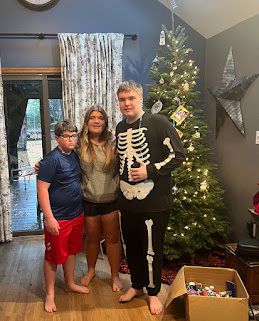


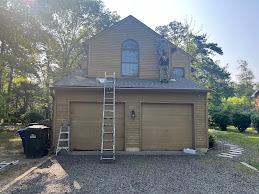
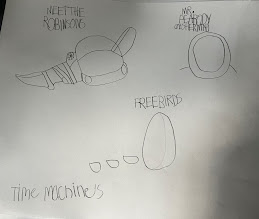
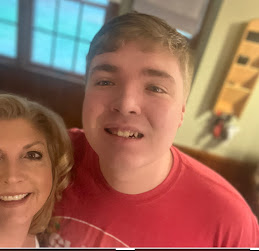
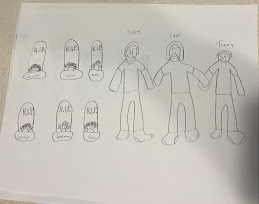




































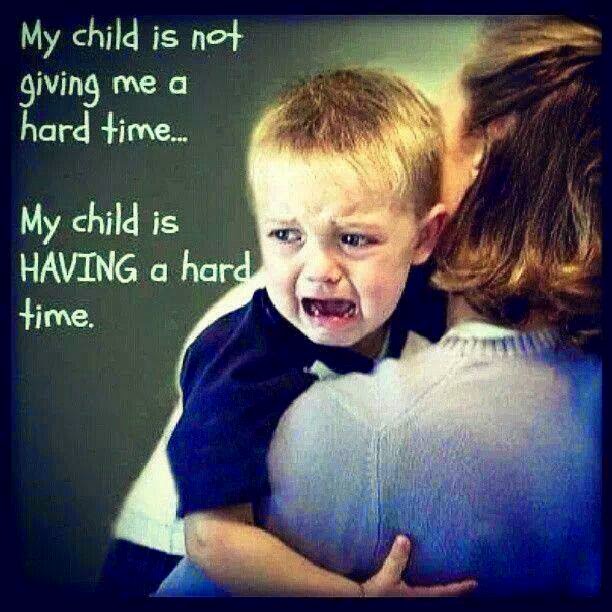































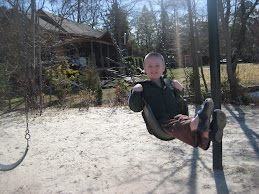

























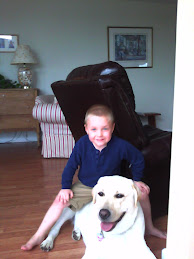
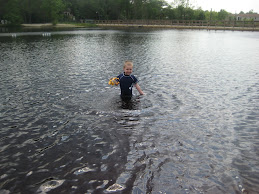
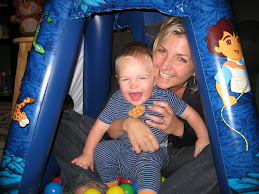









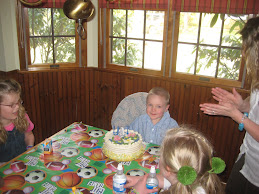
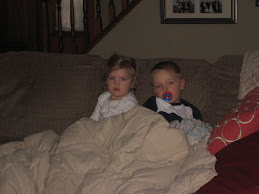

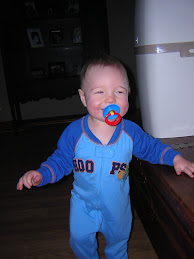
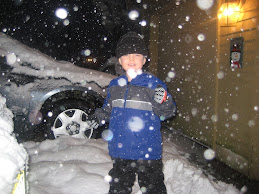
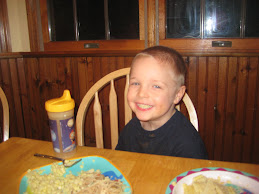





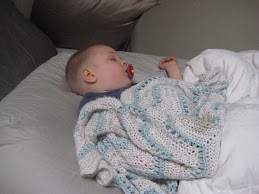


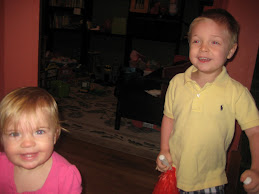
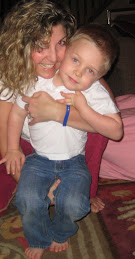
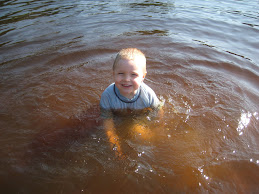
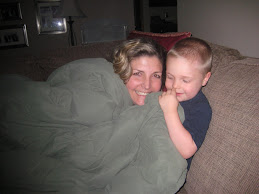
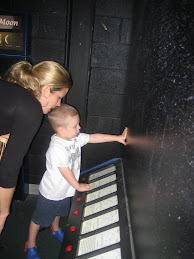
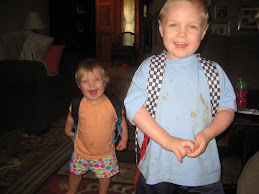
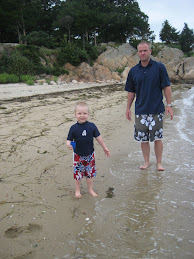

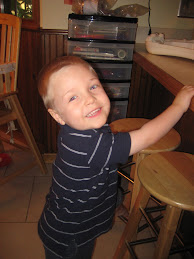


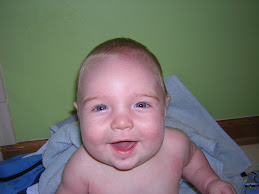
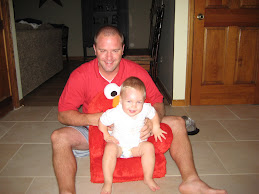
No comments:
Post a Comment